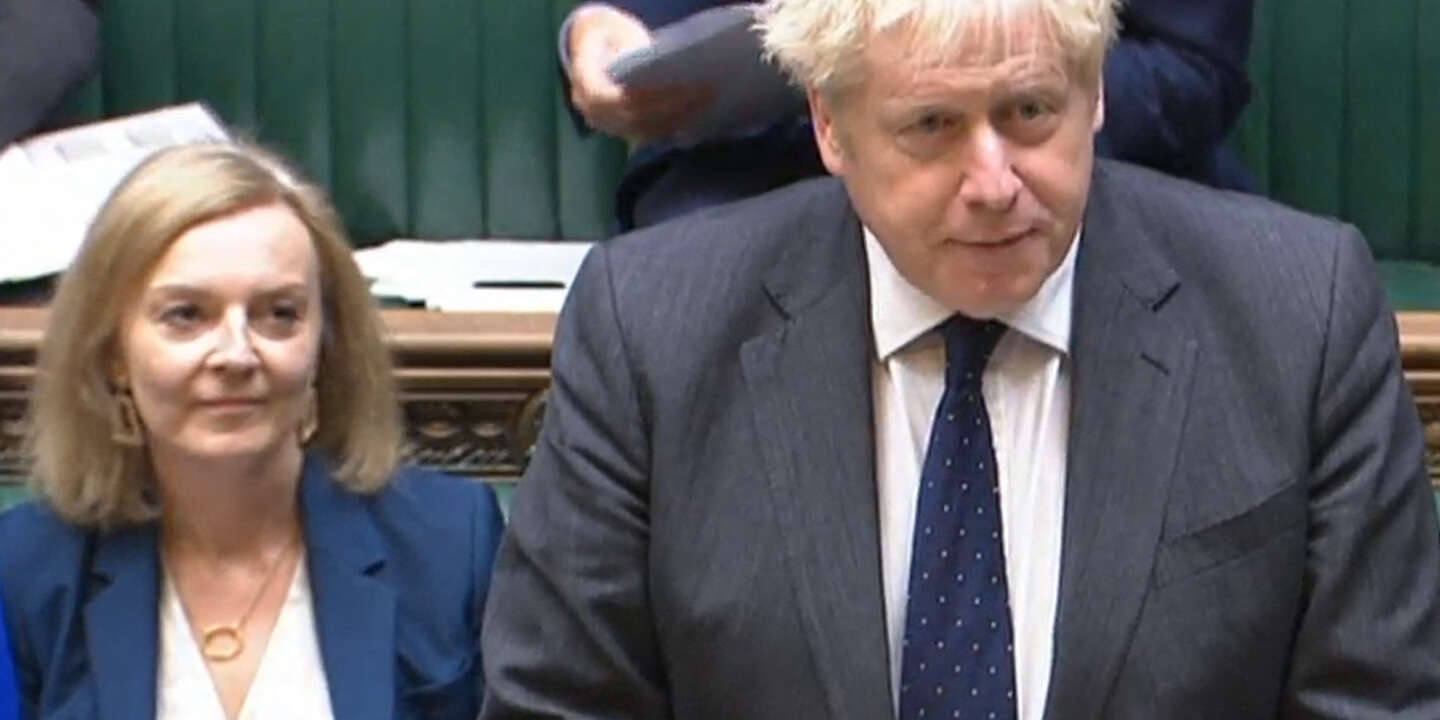The Aukus agreement is an undeniable diplomatic success for the United Kingdom. The security and defense partnership announced Wednesday (September 15) by Washington, London and Canberra, aimed at helping Australia acquire nuclear-powered submarines to counter China’s influence in the Indo-Pacific region, gives indeed consistency with the concept until then nebulous of “Global Britain” dear to the government of Boris Johnson.
It also allows the British leader to reassure the solidity of the famous “special relationship” with Washington, undermined during the American withdrawal from Afghanistan – the British were taken aback, like the other allies of the United States.
“While some still wonder what the turning point means “Global Britain” towards the Indo-Pacific zone, and the capacities that we are ready to devote to it, this partnership with Australia and the United States provides the answer, welcomed Boris Johnson, Thursday, September 16, from the House of Commons. This is a further manifestation of our long-term commitment to [cette] region and our willingness to help one of our oldest allies preserve regional stability. “
In March, Downing Street published its “Integrated Defense, Security and Foreign Policy Review,” setting out the priorities of the UK just divorced from the European Union (EU) for the next ten years. This thick document emphasized the now central geopolitical importance of the Indo-Pacific zone, and the consequences to be drawn from it: the country had to considerably strengthen its presence there.
“Forging stronger links with countries outside the EU”
The Europeans had little taste, at the time, that London showed no desire to sign a strategic defense and security agreement with them. But, so far, the only tangible manifestations of these Asian ambitions had been the dispatch to the China Sea of the Royal Navy’s new aircraft carrier – the HMS-Queen-Elizabeth – and the signing of an agreement in principle on a free trade treaty with Australia.
For Sophia Gaston, director of the Britain Foreign Policy Group, the new agreement “Puts some of the ‘integrated review’ ambitions into practice, it highlights the UK’s expertise and technological strengths, while arguing for shared responsibility. The country certainly does not have the capacity to replicate the presence of other allies in the Indo-Pacific region, but it shows where it can add value ”.
You have 54.23% of this article to read. The rest is for subscribers only.
–


